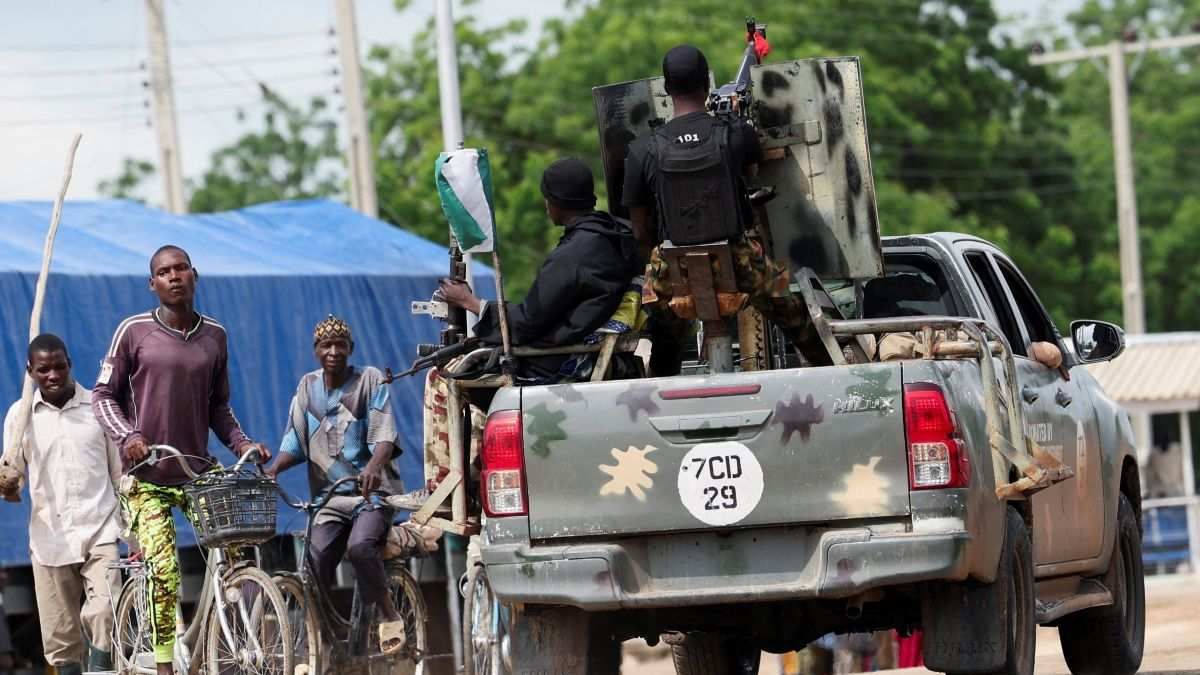Trump threatens hit on Nigeria over plight of Christians
US President Donald Trump on Saturday threatened military action against Nigeria, Africa’s most populous country, over the government’s alleged failure to protect Christian communities, who make up nearly half of the country’s 231 million people. Nigerian President Bola Tinubu rejected the claims, which echo a growing concern about anti-Christian violence among the American right, though his adviser said he’d “welcome US assistance” in combating jihadist insurgencies such as ISWAP, which have targeted Christian communities. In addition, there has been a surge in sectarian violence in Nigeria this year, a result of intensifying competition for land and resources between farmers, who are typically Christian, and herders, who are mostly Muslim.
Mali on verge of succumbing to jihadis
Meanwhile, in nearby Mali, jihadis have surrounded and blockaded the capital of Bamako, starving the city’s four million residents of fuel. The militants are now on the cusp of taking power from the Russian-backed military junta there. This is the latest twist in a 13-year long conflict that has featured three military coups, a French invasion, a Russian intervention, a French withdrawal, and a notorious jihadi leader nicknamed “One-Eyed Nelson.” The rise of an ultraconservative jihadist caliphate would subject Mali’s people – especially its women – to immense hardship, while also threatening to create a fresh refugee crisis that could ripple towards Europe. It would also mark a fresh setback for Russia, and could boost jihadist groups that have sprouted in neighboring Burkina Faso and Niger.
Split-screen on regime change in Venezuela
Nearly half of Americans oppose US-led regime change in Venezuela, and just 18% support it, a YouGov poll says. But people in the region see things differently, according to a multi-country Bloomberg study that shows 53% of respondents want Tío Sam to knock out Venezuelan strongman Nicolás Maduro. Mexico is the only country where opposition surpasses support for the idea. Within Venezuela? A plurality said they “don’t know.” The US has recently been striking boats it says belong to drug traffickers tied to the Venezuelan regime. But with more US warships in the region than at any time since the 1989-1990 invasion of Panamá, many are wondering if Maduro’s regime itself is the eventual target. (For more on what that could look like, see here.)
